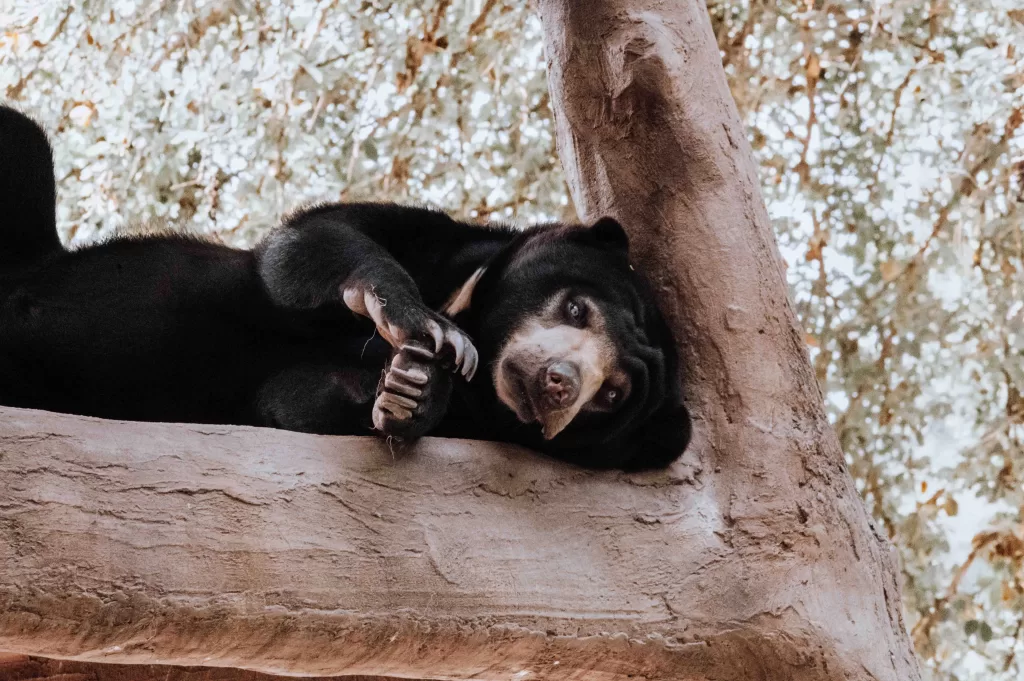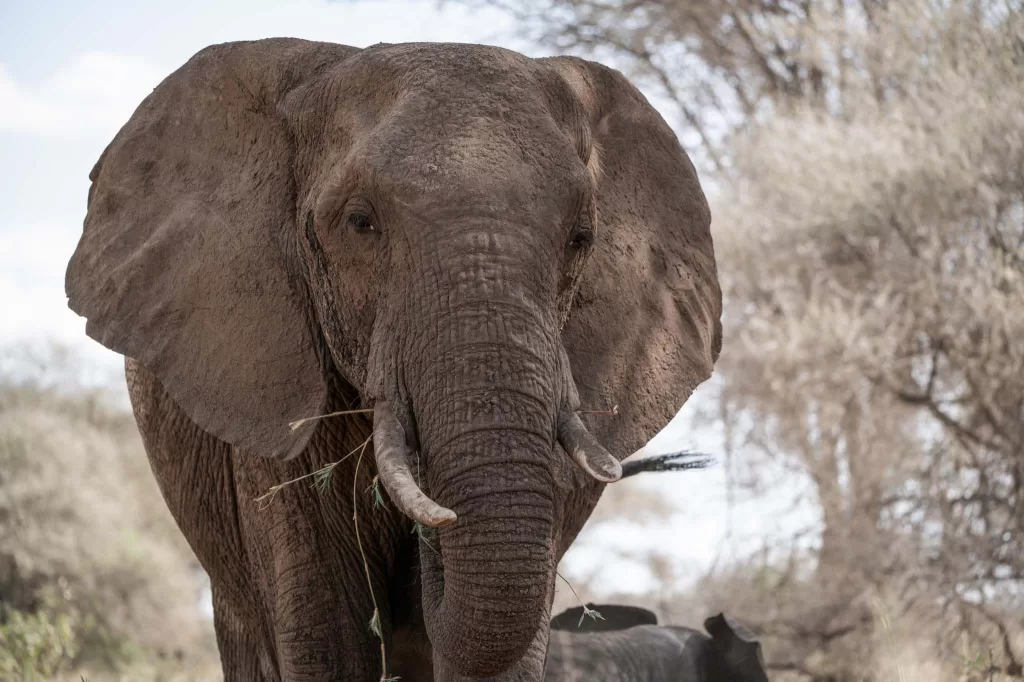Last Updated on March 17, 2024
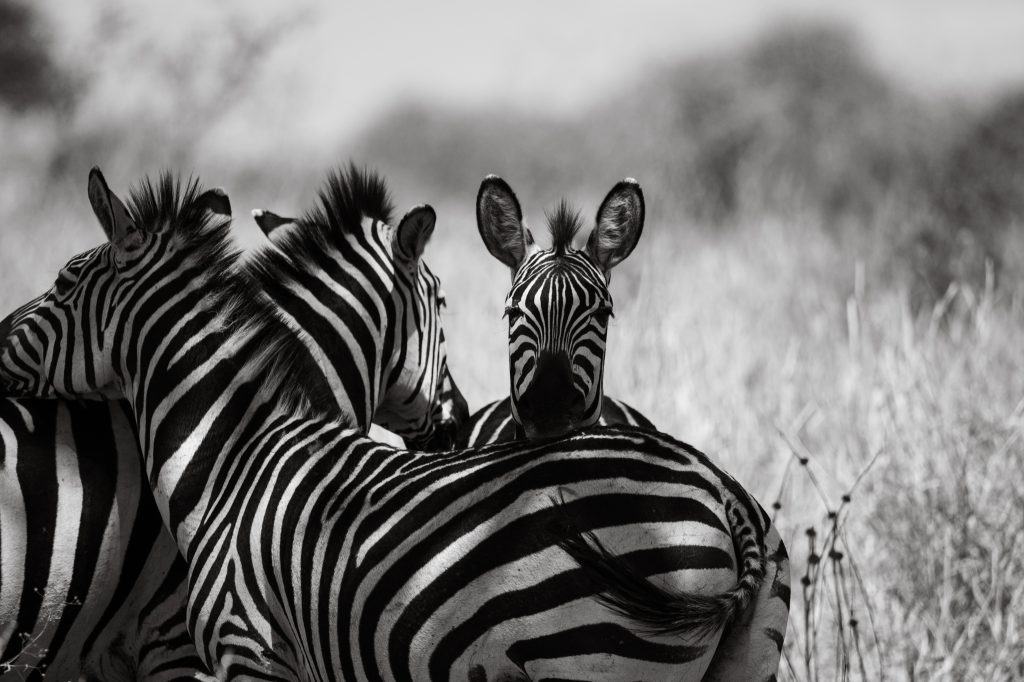
“I wish the world was twice as big – and half of it was still unexplored.” – David Attenborough
There is something special about exploring a new place – the culture, the people and also the natural world. For us, wildlife encounters are a big part of our travels and most of the time our most cherished memories. We also see, first hand, the impact us humans have – the good, the bad and the ugly.
We share this place with so many different creatures that we need to learn how to be better neighbors – and it’s really not that hard, trust us! As fellow travelers it is our responsibility to protect and conserve the natural world. So to make things easier, we decided to provide some guidelines and what we also do to be better travelers.
Ethical Wildlife Encounters 101
The most basic rule that you should ALWAYS follow is – keep direct interactions to an absolute minimum, ideally zero. We need to realize that we are observers and learners when we travel, fostering respect for the natural world. Recognizing animals as sentient beings, it’s crucial to refrain from viewing them through the lens of entertainment, as mere means of transportation, or as photo props.
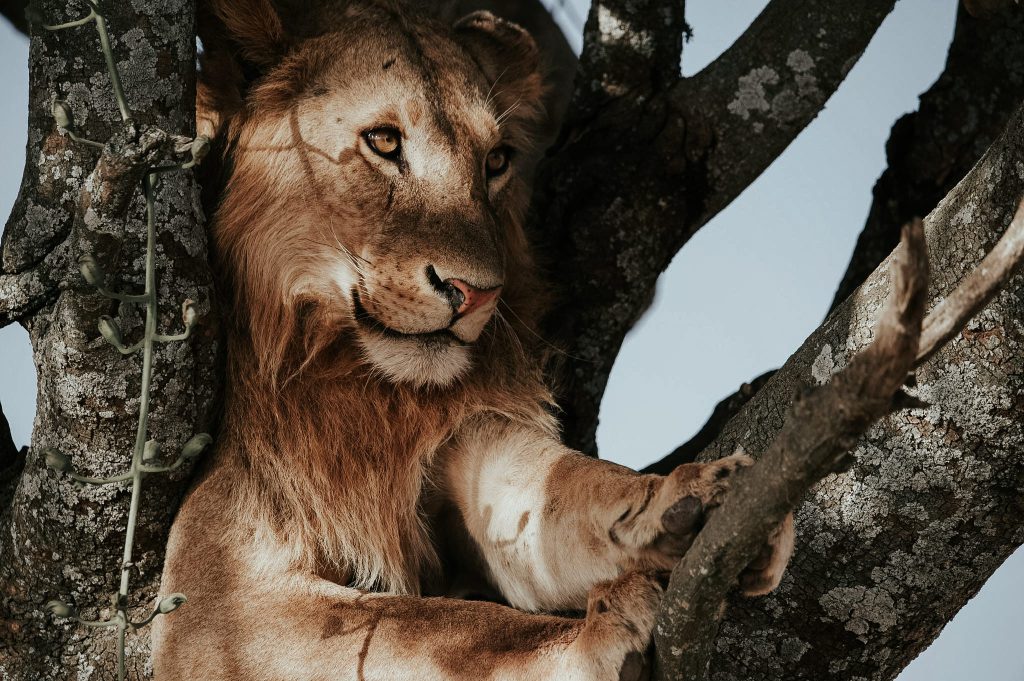
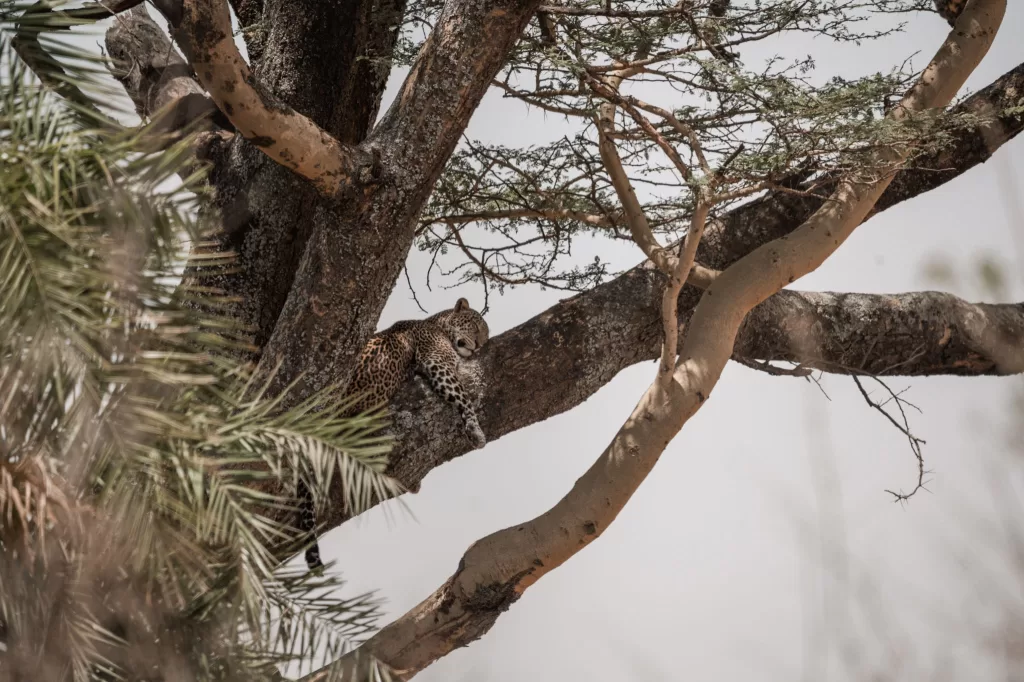
Animals should never be considered:
- Entertainment
- Animals are not here for our amusement.
- Avoid scenarios where animals are manipulated for human entertainment.
- Appreciate them in their natural state, free from undue stress or exploitation.
Activities to avoid: circus, road shows, marine parks, personally we also avoid zoos, etc.
- Means of transportation
- Animals are not vehicles at our disposal.
- Reject activities that involve riding, racing, or burdening animals.
- Support alternative, cruelty-free transportation methods.
Activities to avoid: elephant rides, camel rides, horse rides (includes carriages), etc.
- Photo props
- Animals are not objects for our photo collections or social media.
- Resist the urge to disrupt their natural behaviors for a photo opportunity.
- Capture their beauty ethically, without causing distress or harm.
Activities to avoid: any activity where you pose with an animal, most common are birds, koalas, tigers, etc.
Animal welfare and why it matters
You might have seen people sharing tiger selfies or hugging koalas, riding elephants or even bathing them. The reality is most people who endorse these types of interactions are actual animal lovers who are not aware of the cruelty involved.
Thousands of animals are, right now, being kept in captivity, taken from their mothers, sedated and abused just for our entertainment.
The World Animal Protection association has some in depth resources covering the exploitation involved in activities such as wildlife selfies, animals in sports, animals in shows, elephant rides and wildlife tourism.
Wildlife should be kept wild. Behind the curtain of animal entertainment lies a distorted portrayal, masking the suffering that these sentient beings endure. True admiration for animals lies in observing them in their natural habitats, promoting their well-being, and championing a world where they are free from exploitation.
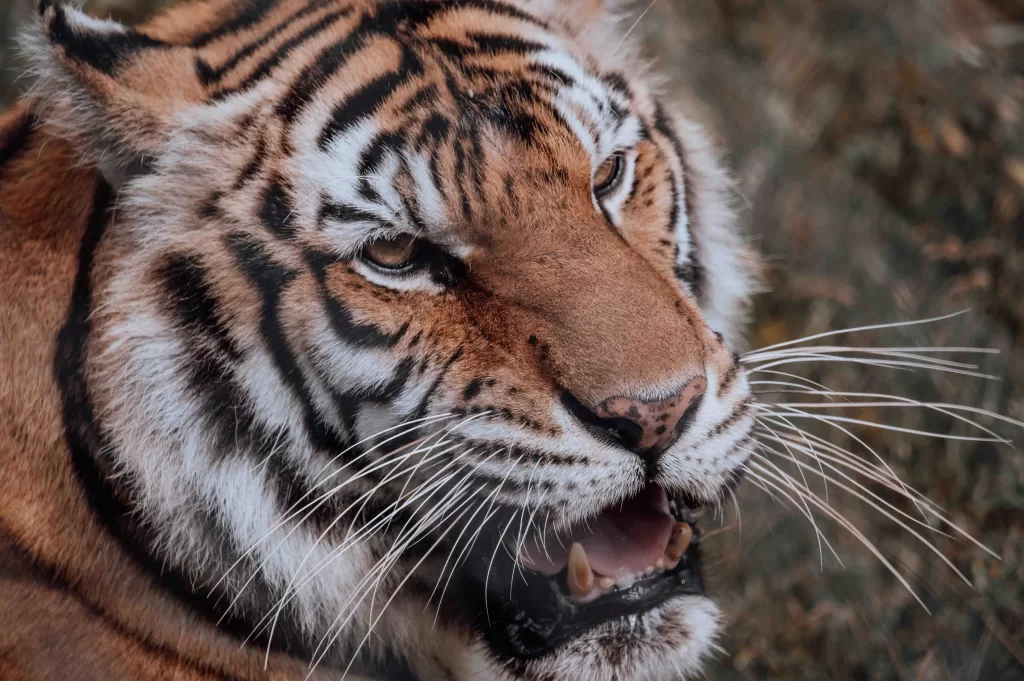
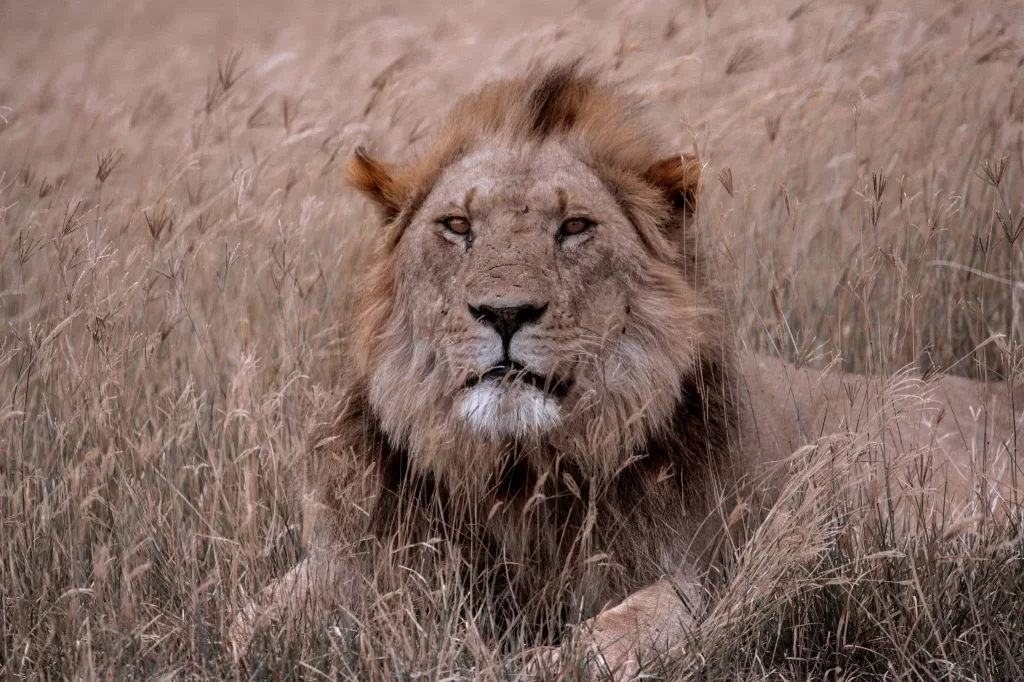
How to be a responsible traveler in 5 steps
- Always observe animals from a safe distance.
Imagine watching a live, unscripted animal documentary, but better – because you’re right there, witnessing the untamed beauty of wildlife. Observing from a safe distance isn’t just about respecting their personal space; it’s about giving them the freedom to roam, play, and be their wild, wonderful selves.
So, step back, grab those binoculars, and let nature unfold without the interference of our human footprint.
- Avoid direct interactions: don’t ride, pet, feed or bathe animals
Animals have their own language, and it doesn’t involve us riding, petting, feeding, or playing spa day with them. By resisting the urge to turn them into our entertainment, we’re actually giving them the respect they deserve
- Do your research before booking wildlife experiences
You wouldn’t blindly jump into a pool without checking if there’s water, right? Same goes for wildlife experiences. A little Google search work can go a long way in ensuring your chosen adventure doesn’t involve shady practices.
- Visit animal sanctuaries to support conservation efforts
Visiting an ethical sanctuary can be a great way to support conservation and rehabilitation efforts. Because it can be tricky to find sanctuaries that don’t actually exploit animals, we wrote a small section to help you find and support the best organizations (below on this article).
- Use your voice and spread awareness!
We’re all influencers in our own way, right? So why not use that power to make the world a better place for our furry, feathery, and scaly friends? Whether it’s through your Instagram captions, coffee shop conversations, or family dinners, be the advocate animals wish they had. It’s not just about being the hero they need; it’s about creating a ripple effect of compassion that goes beyond borders.
How to find ethical Wildlife Sanctuaries
Research, research and then research a bit more. We have trust issues when it comes to anything involving animals, because we know the exploitation around wildlife tourism and that some companies take advantage of how much people care about animals.
Some sanctuaries pose themselves as being ethical, but still allow you to interact with the animals – for example bathing them or riding them, taking photos, etc. These ones are easy to spot and you shouldn’t endorse them.
Others might be a bit trickier to catch, but with some patience you can find great organizations doing fantastic work to help rehabilitate and take care of exploited animals.
- Check the activities offered by the sanctuary
- Check for accreditations and sponsors such as: WWF, Global Federation of Animal Sanctuaries, Animals Asia
- Check their Instagram page and other social media – it can tell a bit about how they treat animals and how animals are kept
- Check for reviews (Google, TripAdvisor)
- We also check for news and do Google search to check for any investigation or shady practices
When you travel, think about the creatures we share our planet with. They deserve to be free and wild, just like you love to be when exploring. Tourism can either be a good force or a bad one – it’s up to us. Let’s choose to travel in a way that leaves a positive mark, making the world a better place for every living being. It’s as easy as embracing the wild and spreading good vibes wherever you go!
